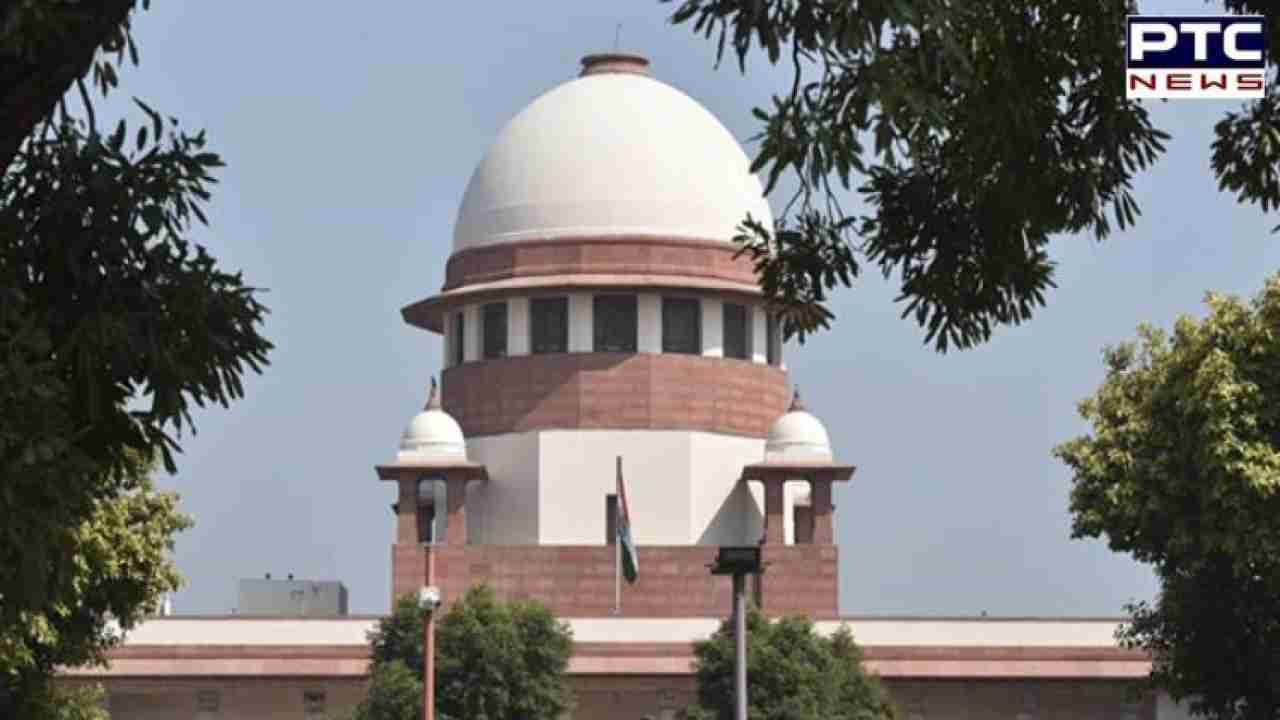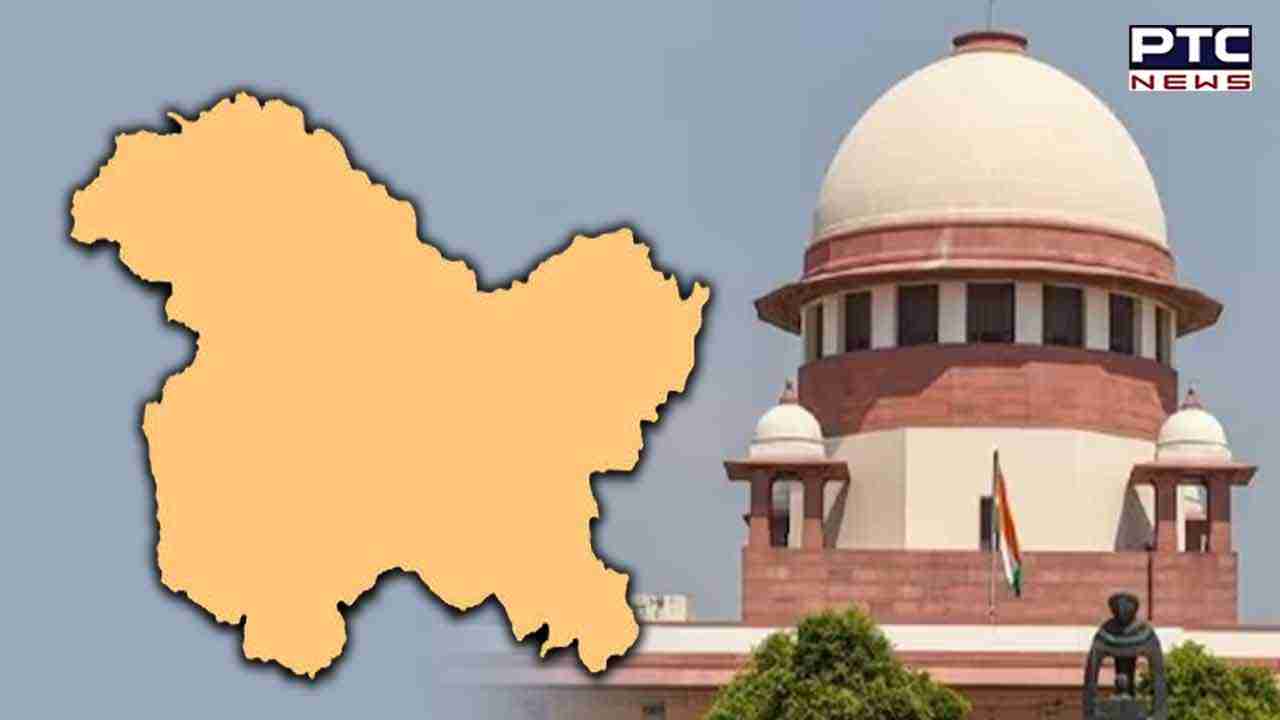

Supreme Court raises queries about J&K bifurcation, drawing comparisons to Punjab and northeast
New Delhi, August 30: The Supreme Court has turned its focus towards the bifurcation of Jammu and Kashmir (J&K) and its implications, highlighting that similar situations have arisen in other regions such as Punjab and the Northeast. In doing so, the court questions the rationale behind the division of the border state in August 2019.
Chief Justice of India, DY Chandrachud, further delved into the matter by posing a vital question: how can the authority to bifurcate a state be safeguarded from potential misuse once it's vested in the Central government? This crucial query sparked discussions surrounding the suitability of parliament to address the issue of bifurcation.
_43a115d49b455d9f9e2ff1497fb737dc_1280X720.webp)
The ongoing hearing, spanning Day 12, pertains to a series of petitions challenging the revocation of Article 370. In response to the Centre's argument that Jammu and Kashmir was an exceptional case, Solicitor General Tushar Mehta highlighted the unique nature of the situation. He posited that if states like Gujarat or Madhya Pradesh were to undergo bifurcation, distinct parameters would apply.
Justice SK Kaul, a member of the five-judge constitutional bench led by Justice Chandrachud, drew attention to the presence of several states sharing borders across the country. The argument that neighboring countries are not all "friendly" was countered by Mehta, who emphasised the necessity of mainstreaming Jammu and Kashmir given its history and prevailing circumstances marked by "stone pelting, strikes, deaths, and terror attacks." Chief Justice Chandrachud intervened, questioning the potential abuse of power if it were vested in the Union for all Indian states.
_4366cb2f07d2ccef5568932d874c0033_1280X720.webp)
Justice Kaul expanded on the point, highlighting the existence of other regions facing challenges similar to those in Jammu and Kashmir. He cited instances such as Punjab, with its history of difficulties due to its northern border, and some states in the northeastern part of the country. The Chief Justice further raised the question of whether parliament possesses the authority to convert an established Indian state into a Union Territory.

Additionally, the court addressed the role of the Constituent Assembly concerning Article 370, which conferred special status upon Jammu and Kashmir. The court emphasised that even if the Constituent Assembly's role was merely recommendatory, it does not imply that the President of India can override its decisions. In previous hearings, the court had underlined the government's obligation to justify the procedure adopted to revoke Article 370, cautioning against the assumption that the "end justifies the means."
Also Read: Will not intervene with Punjab and Haryana HC order staying WFI polls: SC
- With inputs from agencies
